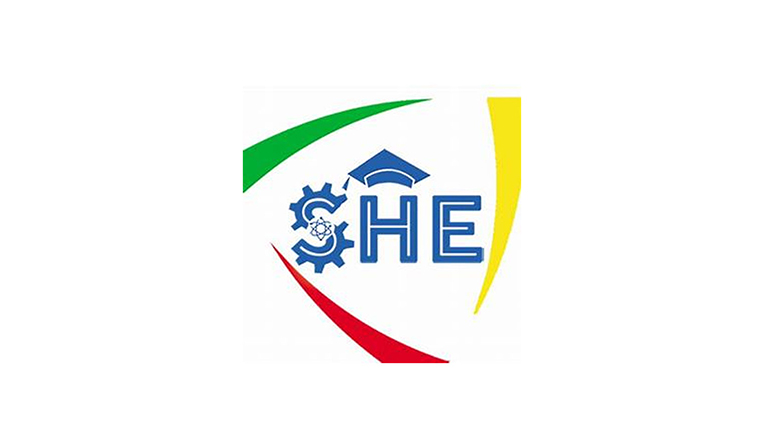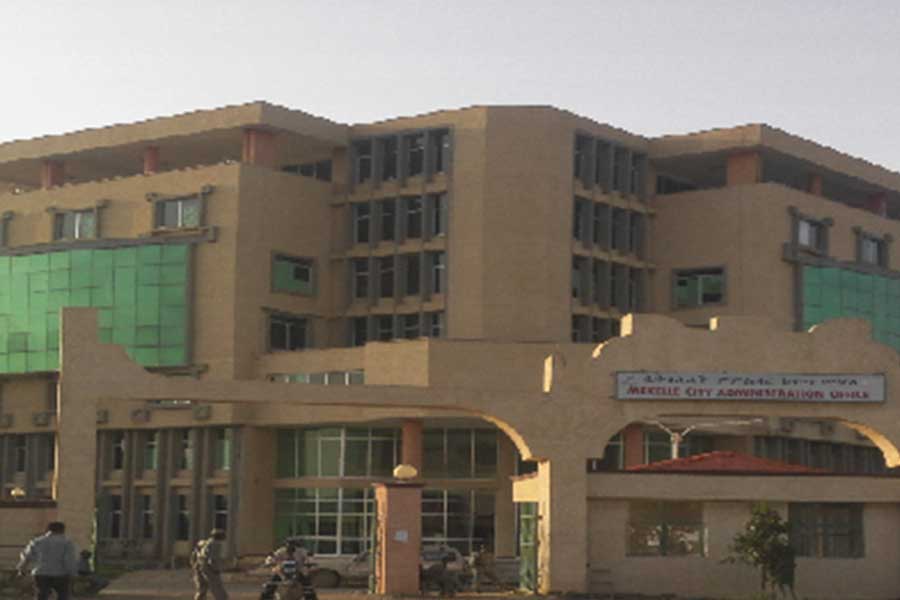
View From Arada | Jun 17,2023
Mar 13 , 2021
By KIDIST MULATU ( FORTUNE STAFF WRITER
)
An international association formed by certified accountants has started designing strategies to implement International Financial Reporting Standards (IFRS) at public-interest institutions, including banks. Hired by the Accounting & Auditing Board of Ethiopia (AABE), the association is undertaking a year with financial support secured from the World Bank.
The Association of Chartered Certified Accountants (ACCA) has launched a project to support the accounting profession's development through a partnership agreement that was cemented in January 2020. The World Bank is financing the project through 450,000 pounds of funding managed by the Ministry of Finance.
The 40-year-old association, which has 227,000 members in 176 countries, undertook similar projects in Rwanda and Afghanistan.
The project also aims at strengthening the Board's capacity to review financial statements and regulate accounting procedures. Established in 2015, the Board is mandated to regulate the compliance of public institutions with the IFRS requirements. All of these institutions will have three years to implement IFRS fully. The implementation of IFRS was originally scheduled to be completed in 2020.
Institutions have to meet at least two of the four criteria listed to be considered as being of public interest, and there are two categories. Institutions that have an income of more than 300 million Br a year, over 200 million Br in general assets, total debt of more than 200 million Br, and employ over 200 people qualify for the first category.
Institutions with income between 20 million Br and 300 million Br; between 20 million Br and 200 million Br in assets; debt from 20 million Br to 200 million Br; and those that employ between 20 and 200 people qualify for the second category under the IFRS for Small & Medium-Sized Entities.
The Board is mandated to focus on private and state-owned institutions, while the Ministry of Finance has the mandate to review and audit government institutions.
Before the Board came into the picture, there were no financial standards in Ethiopia, according to Hikmet Abdella, the Board's director.
"Lack of standards paves the way for accountants to abuse their responsibilities," she said. "The major goal of the Board is to create strong financial institutions."
The need for standardised accounting practices is especially relevant now, following the tabling of a bill that aims to introduce a capital market, according to Hikmet.
"The public and investors will look to the Board to ensure they are basing their decisions on reliable financial statements," she said.
The project will allow for the transfer of knowledge and will facilitate Ethiopia's accession to the International Federation of Accountants, according to Yohannes Negatu, president of the Ethiopian Professional Accountants & Auditors Association.
Currently, Ethiopia has 150 chartered auditors and 500 qualified accountants.
"It'll also support growing the number of certified accountants and help the financial system," said Yohannes.
There is an uneven number of auditing firms in Ethiopia, which leads to misuse of the profession, according to him, adding that on average, one firm in Ethiopia will audit 100,000 reports in one fiscal year.
He also explained that the government needs to work on facilitating the functionality of the Board.
“Even though the Board is allowed to regulate accountants and auditors in regional states, it still has no mandate," said Yohannes.
There are no uniform criteria to license certified accountants between the regional and federal governments, and this inhibits the Board's ability to function, according to Yohannes.
Fitsum Getahun, a founder of Fitsum Getahun Authorised Accounting Firm, raises questions on how the project will be implemented.
"Unless the project begins its implementation by giving training at universities," said Fitsum, "its continuity will be questionable."
Fitsum asserted that giving attention to well-organised accountants and auditors cannot fulfill the desired goal.
"If the project is to implement international reporting standards, it'll first have to focus on creating educated accountants and auditors in the profession," remarked Fitsum.
PUBLISHED ON
Mar 13,2021 [ VOL
21 , NO
1089]

View From Arada | Jun 17,2023

Commentaries | Apr 06,2024

Fortune News | Jan 16,2021

Commentaries | Oct 16,2021

Featured | Mar 30,2019

Radar | Oct 07,2023

Commentaries | Dec 19,2020

Fortune News | Aug 22,2020

Fortune News | Aug 14,2022

Radar | Oct 27,2024

Dec 22 , 2024 . By TIZITA SHEWAFERAW
Charged with transforming colossal state-owned enterprises into modern and competitiv...

Aug 18 , 2024 . By AKSAH ITALO
Although predictable Yonas Zerihun's job in the ride-hailing service is not immune to...

Jul 28 , 2024 . By TIZITA SHEWAFERAW
Unhabitual, perhaps too many, Samuel Gebreyohannes, 38, used to occasionally enjoy a couple of beers at breakfast. However, he recently swit...

Jul 13 , 2024 . By AKSAH ITALO
Investors who rely on tractors, trucks, and field vehicles for commuting, transporting commodities, and f...

Jul 5 , 2025
Six years ago, Ethiopia was the darling of international liberal commentators. A year...

Jun 28 , 2025
Meseret Damtie, the assertive auditor general, has never been shy about naming names...

Jun 21 , 2025
A well-worn adage says, “Budget is not destiny, but it is direction.” Examining t...

Jun 14 , 2025
Yet again, the Horn of Africa is bracing for trouble. A region already frayed by wars...